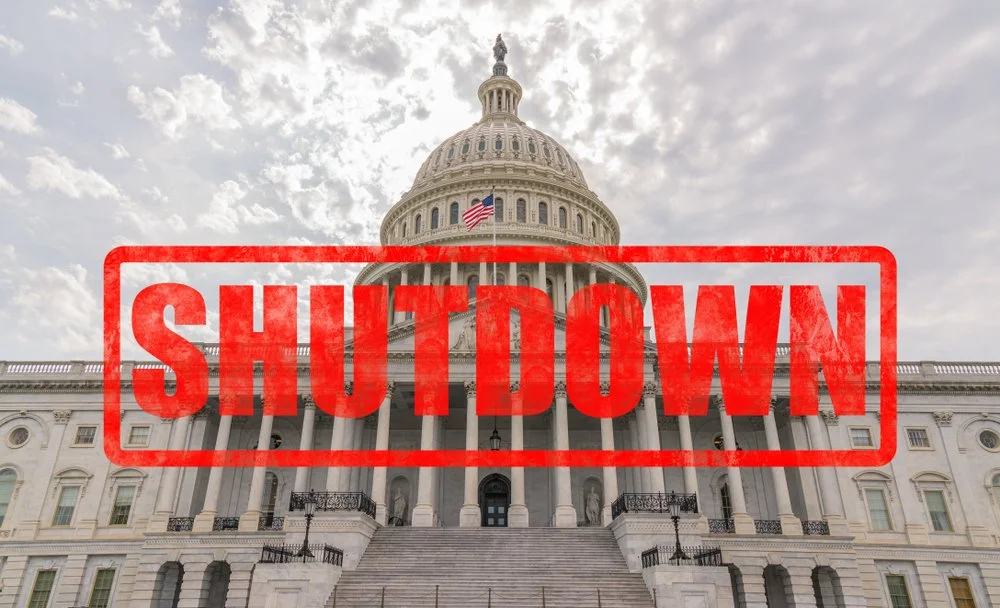The U.S. Senate adjourned for the weekend after once again failing to approve measures that would end the government shutdown. Both Republican, and Democrat plans fell short of the 60 votes required to move forward, extending the standoff into next week. While House Minority Leader Hakeem Jeffries has called Democrats back to Washington to work toward a resolution, House Speaker Mike Johnson announced a “district work period,” allowing lawmakers to remain in their home states rather than returning to vote.
For communities like East Los Angeles, this shutdown isn’t just a political headline, it has real consequences. Federal funding that supports public schools, food assistance programs, and college financial aid could face delays. Families who depend on federal jobs may experience interruptions in pay, adding financial stress at home.
At ELARA, students might not immediately notice the effects, but the ripple impacts that could soon reach their classrooms and households. When federal programs pause, schools with limited resources can struggle to maintain support systems that students rely on.
The current government shutdown may slow down FAFSA processing for high school seniors because the IRS has laid off a large portion of staff, delaying the tax transcripts required for FAFSA verification. According to the Department of Education, the shutdown could also delay refunds and discharges from federal student aid programs, as well as pause application reviews for income-driven repayment plans and public service loan forgiveness. This directly impacts students negatively, by holding up their ability to complete financial aid applications on time, creating uncertainty about how much aid they’ll receive or whether they can afford to attend their chosen colleges.
As Congress continues to debate, many families and educators are left in uncertainty, waiting for lawmakers to prioritize the needs of communities that feel the effects of Washington’s gridlock the most.

